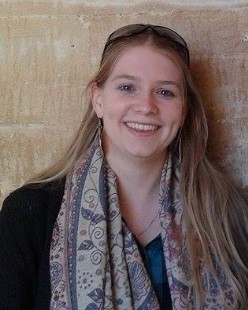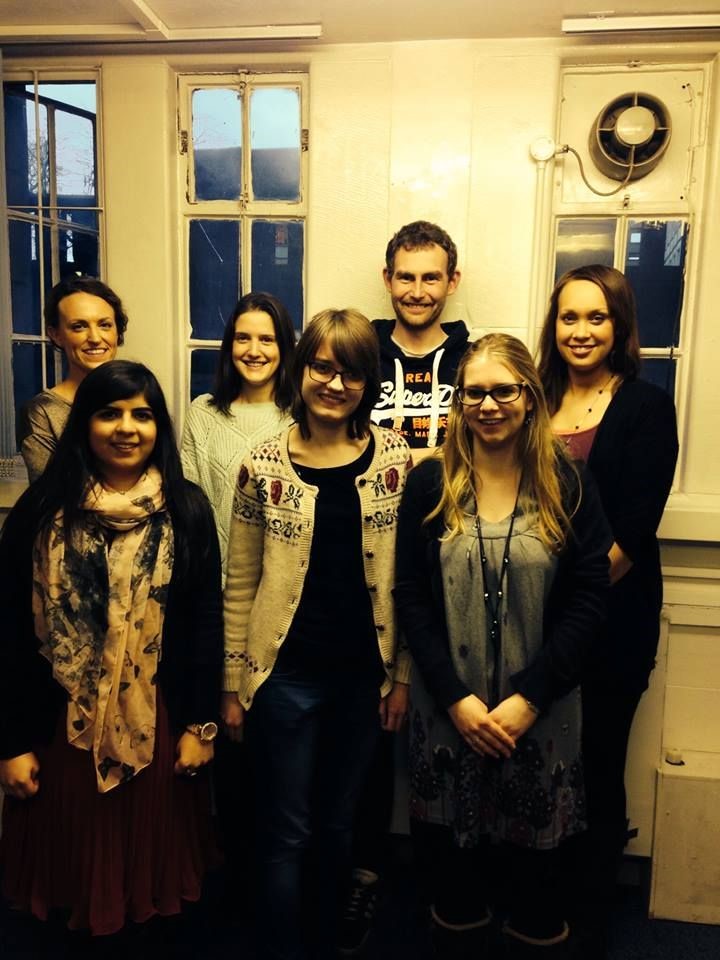Get Involved - Research Projects
Sleep Disturbances in Children with Neurodevelopmental Disorders
.gif)
Funded by Cerebra from 2013 to 2016
Please note: This project has now ended, but Part Two has been launced. Click here for more details.
Background
Previous research has described a number of sleep difficulties that may be experienced by children with Angelman syndrome, Smith-Magenis syndrome, Tuberous Sclerosis Complex, Prader-Willi syndrome and Autism Spectrum Disorder. These include reduced sleep duration, night wakings, settling problems, daytime sleepiness and early morning waking. Both questionnaires and the objective measurement of sleep quality have been used in the study of sleep in children with neurodevelopmental disorders but this project will also consider the relationships between sleep quality and daytime behaviour across children with different neurodevelopmental disorders, and the relationship to parental wellbeing. The use of actiwatches (wrist-watch like devices worn on the wrist that record activity levels) will enable the researchers to develop a more detailed understanding of the relationship between sleep quality, daytime sleepiness and challenging behaviour.
Aims
This project aims to describe and compare the types of sleep difficulties experienced by children with Angelman syndrome, Smith-Magenis syndrome and Autism Spectrum Disorder. The project will also consider whether any of these sleep difficulties are associated with challenging behaviour, over activity and impulsivity, health problems and level of intellectual disability and the associated relationship between sleep quality and parental wellbeing.
Method
Study 1: Parents of children with Angelman syndrome, Smith-Magenis syndrome, Tuberous Sclerosis Complex, Prader-Willi syndrome and Autism Spectrum Disorder are invited to complete an online questionnaire enquiring into children’s sleep quality, daytime behaviour and health. Data collection for this study is now complete.
Study 2: Parents of children with Angelman syndrome, Smith-Magenis syndrome and Autism Spectrum Disorder who meet eligibility criteria will be invited to participate in an objective study of their child’s sleep/wake patterns using actiwatches. Daytime behaviour will also be assessed by parents and teachers. Saliva samples (measuring cortisol) will be given by parents alongside the study in order to examine the relationship between sleep quality and parental wellbeing.
Get involved!
Study 2: Actiwatch study
If your child has a diagnosis of Autism Spectrum Disorder (living in the West Midlands), Smith-Magenis syndrome or Angelman syndrome, is aged between 4 and 15 years inclusive (attending school) and you consider them to have a sleep problem, please watch the video below to learn more information about the study and how to get involved.
To find out more: If your child has a diagnosis of Smith-Magenis syndrome or Angelman syndrome, please contact:

Jayne Trickett
Email: JXT292@bham.ac.uk
Tel: 0121 4142855
If your child has a diagnosis of Autism Spectrum Disorder and you live in the West Midlands please contact:
 Dr Caroline Richards
Dr Caroline Richards
Email: c.r.richards@bham.ac.uk
Tel: 0121 4147206
Members of the sleep project team

Back row left to right: Dr Emma Clarkson, Dr Mary Heald, Dr Andy Surtees, Dr Caroline Richards
Front row left to right: Miriam Chaudhry, Hannah Ramshaw, Jayne Trickett
Supervisor: Professor Chris Oliver
Email: c.oliver@bham.ac.uk



